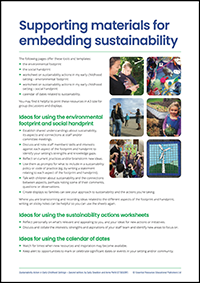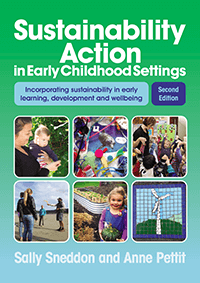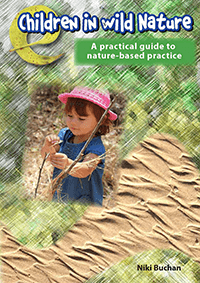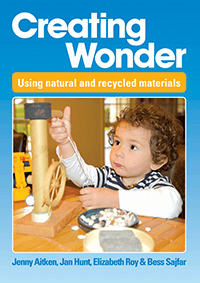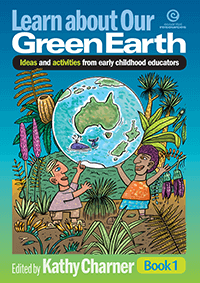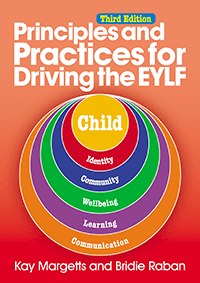
Sustainability Action in Early Childhood Settings - 2nd edn
Incorporating sustainability in early learning, development and wellbeing
Australia's Early Years Learning Framework (EYLF V2.0) and the National Quality Standard (2018) recognise the natural and exciting role of sustainability in children's learning, development and wellbeing.
Whether taking early steps or building on current practices, this book is a must-have guide for early years educators. It's also relevant to school environments and to lecturers and students in training and tertiary institutions. It aims to embed practices that influence the sustainability of early years programs and the wider community. These align with EYLF principles and practices and NQS quality areas.
The book begins by describing sustainability and climate change. It then explores 10 environmental and social aspects, including connections they share and suggested actions. The aspects focus on:- Ecological footprint - biodiversity, water, energy, air and transport and waste
- Social handprint - children's wellbeing, Australia's First Nations cultures and perspectives, diversity and inclusion, community and partnerships, and economics.
Order Sustainability Action to take the first steps or extend your current understanding of sustainability in the early years.
|
NZD incl GST
|
Add to cart | |
| or more | each |
